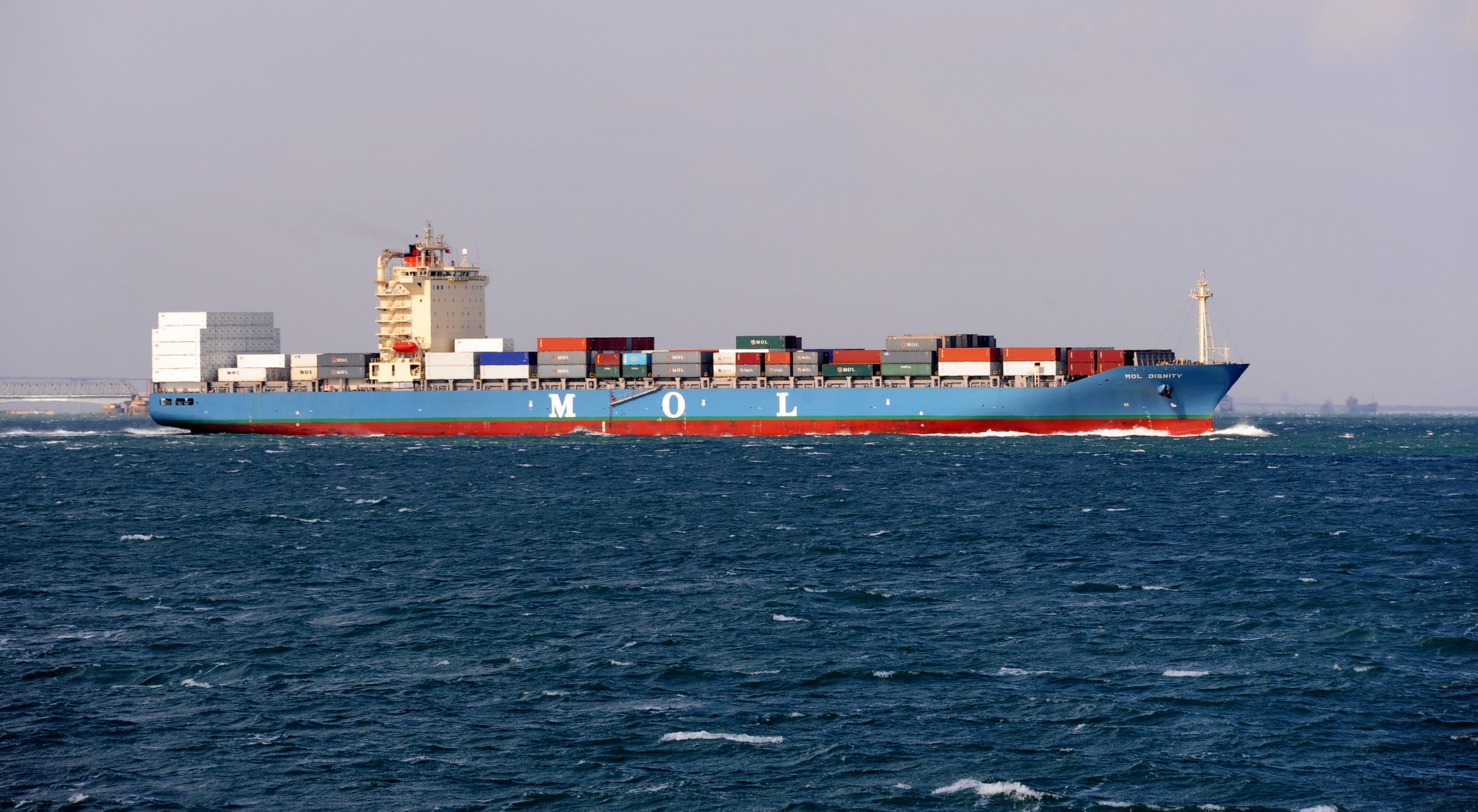Shipping goods to South Africa can be a complex process, and one of the most frustrating challenges is dealing with customs delays. Whether you’re an exporter, importer, or freight forwarder, knowing how to resolve South Africa customs delays efficiently is crucial for maintaining smooth supply chains and meeting customer expectations. This guide will outline key strategies and steps to help you address and minimize customs delays effectively.
1. Ensure Complete and Accurate Documentation
Prepare in Advance
Gather all necessary documents well before the shipment arrives at the South African port. This includes commercial invoices, packing lists, certificates of origin, and any required permits. Incomplete or inaccurate paperwork is a common cause of delays. For example, missing information on the invoice or incorrect product descriptions can lead to customs holding your shipment.
Double-Check Details
Review all documents meticulously. Verify that the information on each document matches, such as the quantity, value, and product details. Just like experienced freight companies like China Top Freight emphasize the importance of accurate documentation, ensuring every detail is correct can prevent unnecessary delays.
2. Understand South African Customs Regulations
Stay Informed
Regularly check the South African Revenue Service (SARS) website for the latest customs regulations and requirements. Regulations can change frequently, especially for specific product categories. For instance, new restrictions on certain imported goods might be imposed, and being aware of these changes in advance helps you prepare accordingly.
Know Product-Specific Rules
Different products have different regulations in South Africa. Familiarize yourself with the rules for your goods. If you’re shipping electronics, understand the safety and certification requirements. For food products, be aware of health and labeling regulations. Compliance with these rules reduces the risk of customs issues.
3. Communicate Proactively
Keep in Touch with Stakeholders
Maintain regular communication with your suppliers, shipping lines, and freight forwarders. Inform them of any changes or updates regarding the shipment. If there are potential issues, such as a delay in production, let all parties know immediately so that contingency plans can be made.
Liaise with Customs Officials
In case of a delay, don’t hesitate to contact South African customs officials. Politely inquire about the reason for the delay and what steps you can take to resolve it. Establishing a good line of communication can sometimes speed up the process.
4. Consider Hiring a Customs Broker
Leverage Expertise
A professional customs broker has in-depth knowledge of South African customs procedures. They can help ensure that your shipment complies with all regulations and handle any issues that arise. Similar to how a reliable freight company like China Top Freight can simplify shipping processes, a customs broker can streamline the customs clearance process.
Handle Documentation and Negotiation
Customs brokers are skilled at preparing and submitting accurate documentation. They can also negotiate with customs on your behalf if there are disputes or questions about your shipment, increasing the chances of a quick resolution.
5. Track Your Shipment Closely
Use Tracking Tools
Most shipping companies offer tracking services. Utilize these tools to monitor the progress of your shipment. By knowing exactly where your goods are and when they are expected to arrive at the port, you can anticipate potential delays and take proactive measures.
Analyze Patterns and Trends
If you frequently ship to South Africa, analyze past shipment data. Look for patterns in delays, such as certain ports having more issues or specific product categories facing longer clearance times. This analysis can help you plan better for future shipments.
6. Be Prepared for Inspections
Facilitate the Process
If your shipment is selected for inspection, make sure it is easily accessible. Provide clear instructions and any necessary information to the inspectors. The faster the inspection can be completed, the quicker your goods can be cleared.
Address Issues Promptly
If the inspection reveals any problems, work with the relevant parties immediately to address them. Whether it’s providing additional documentation or making corrections, prompt action can prevent further delays.
In conclusion, learning how to resolve South Africa customs delays efficiently requires a combination of careful preparation, regulatory compliance, effective communication, and strategic planning. By following these steps, you can minimize the impact of customs delays on your shipments, keep your supply chain running smoothly, and ensure customer satisfaction. Whether you’re new to shipping to South Africa or have experience in the field, these strategies will help you navigate the challenges of customs clearance more effectively.Utilize China Top Freight to help solve the problems you are facing. Contact us today to embark on your smooth transportation journey!


